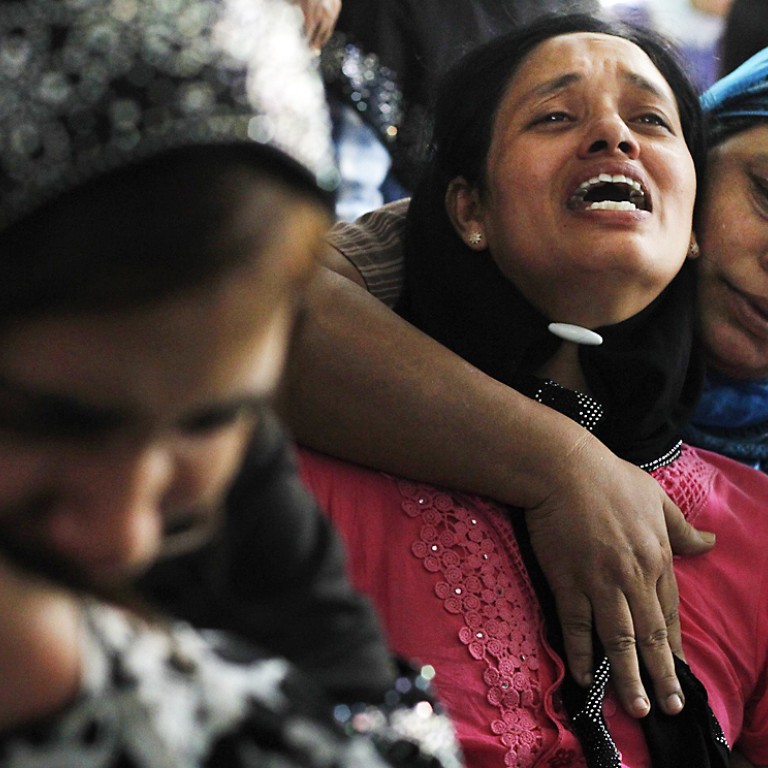
Curfew in Mandalay after Buddhists mobs go on a rampage
Attacks erupt after rumours a Muslim man raped a Buddhist woman in the worst ethnic violence Myanmar's second-largest city has seen
Myanmar's second-largest city was put under curfew yesterday after two people were killed in the latest outbreak of Buddhist-Muslim violence to convulse the former junta-ruled nation.
Dozens of armed police were seen patrolling the tense streets of Mandalay, where shops were closed after angry mobs rampaged through the city for two consecutive nights.
Two men, one Buddhist and one Muslim, were killed in violence that continued into yesterday morning.
One victim was identified as a Muslim man, said U Tin Aung, a Muslim official who was arranging his funeral. Residents said the man was believed to have been on his way to a mosque before dawn on Thursday when he was attacked by the mob and left dead in the street.
“More than 100 motorbikes drove through the city at night throwing stones at mosques and shouting abuses and singing the national anthem to taunt the Muslim people.”
The second fatality was a Buddhist, according to a police officer who spoke on condition of anonymity because he was not authorised to speak to media. Details of his death were being investigated.
Myanmar, a predominantly Buddhist nation, has been grappling with sectarian violence since 2012 that has left up to 280 people dead and another 140,000 homeless, most of them Muslims attacked by extremist Buddhists. Most of the violence has taken place in western Rakhine state.
But the aggression that started on Tuesday night in Mandalay, in central Myanmar, is the worst sectarian violence the country’s second-largest city has faced. The violence has raised fears of wider bloodshed in Mandalay, a historic centre of Buddhist culture that has large communities of both Buddhists and Muslims who have traditionally lived peacefully together.

Authorities deployed hundreds of police after a crowd of more than 300 Buddhists marched to the teashop, singing the national anthem. Police fired rubber bullets to try to disperse the crowd, which scattered into groups that held cat-and-mouse chases with police for several hours. Rioters threw stones at a mosque, causing minor damage to its exterior and front doors, and others ransacked a few Muslim-owned shops. Several cars were set on fire or had windows shattered by stones and bricks.
At least four people suffered minor injuries, mostly from stones thrown by the mob or from rubber bullets fired by police, authorities said.
Order was restored but trouble reignited on Wednesday evening.
“More than 100 motorbikes drove through the city at night throwing stones at mosques and shouting abuses and singing the national anthem to taunt the Muslim people,” said Win Mya Mya, a Muslim resident and senior member of the main opposition party, the National League for Democracy.
He and others blamed police for failing to control the Buddhist mobs.
Myanmar emerged from half a century of military rule in 2011, but its transition to democracy has been marred by the sectarian violence.
Muslims account for about 4 per cent of Myanmar’s roughly 60 million people.
